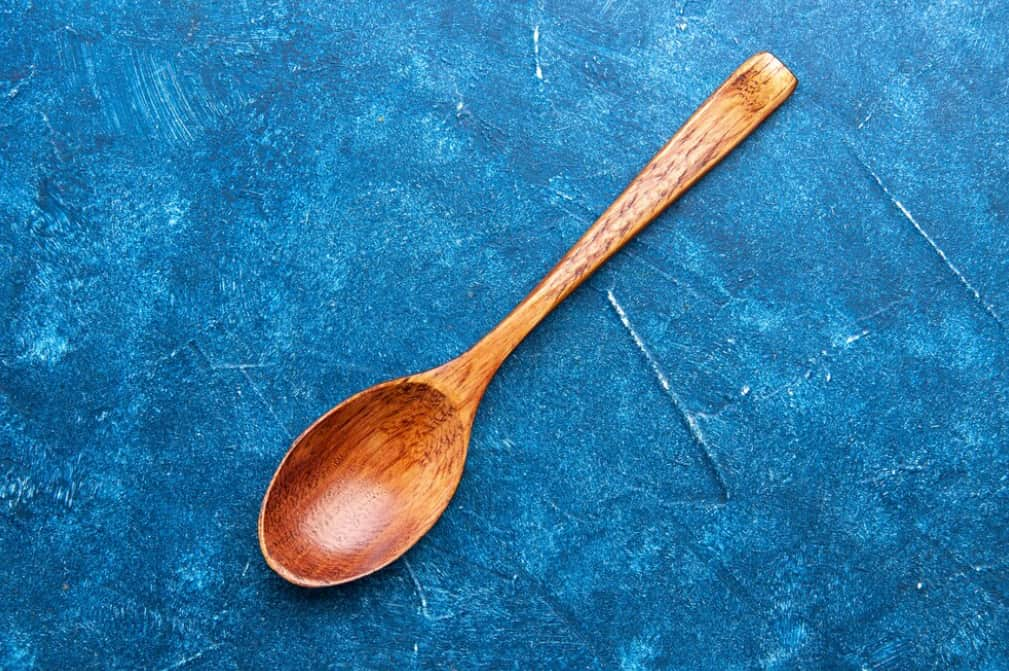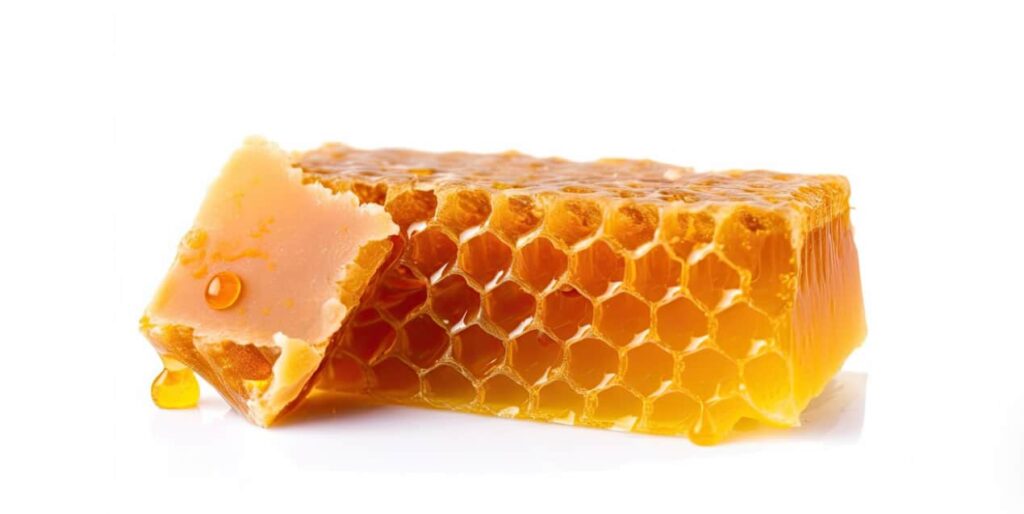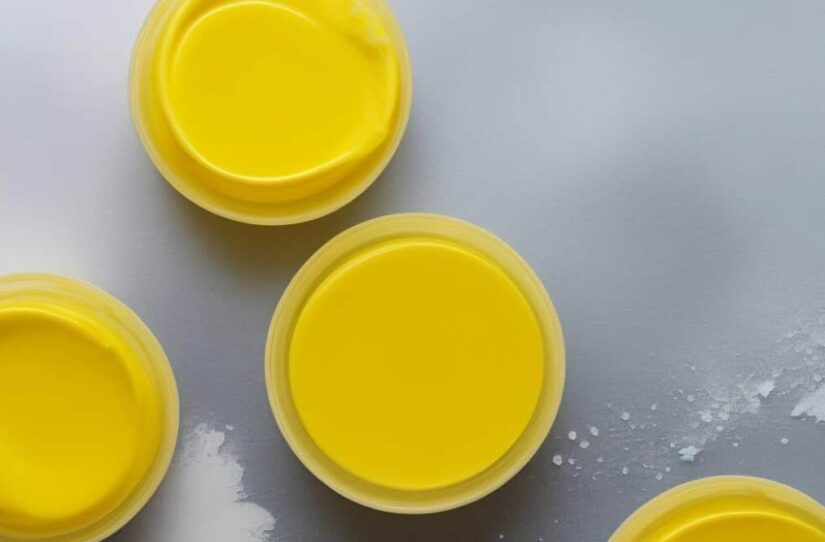Self-Made Spoon Oil Formula
DIY Spoon Oil for Wooden Kitchen Utensils
Remember that kitchen revamp project? The one built from the longing for a balanced and harmonized kitchen space? The kitchen transformation that began a few months back had to hit the pause button as we were awaiting the arrival of our new countertop. However, the wait is nearly over, and the final picture of our kitchen is about to emerge.
Choosing a paint color for the kitchen has been a journey, with multiple color samples tested to find the perfect hue. Even though the “after” photos aren’t ready yet, the progress has been steady and significant. The transformation has been accomplished with a judicious budget, similar to the amount one might splurge on a luxurious dress.
While exploring the world of homemade spoon oil formulas, you may also like to discover the uses of apple cider vinegar for easing nausea.
Giving New Life to Your Kitchen with a Touch of Spoon Oil

When it comes to the new countertop, it adds such warmth and elegance to the kitchen that one could almost serenade it. It’s not just a piece of wooden block, but a feature that enhances the overall ambiance and utility of the kitchen. It’s a space where you knead your dough, a comforting perch for the kids, or a mini bar for your guests to rest their elbows. The aura it creates, one might almost believe it’s emanating a divine light.
Just like our favorite and most treasured kitchen items, this natural, warm fixture calls for special attention. By offering it the right care, we can ensure its longevity without the use of harmful chemicals. After a thorough online search, the perfect solution was found – Spoon Oil.
The Impact of Spoon Oil on Wood
Spoon oil, a mixture of beeswax and mineral oil, is an ideal treatment for your wooden kitchen utensils including spoons, cutting boards, and salad bowls. The choice of mineral oil might seem contradicting considering it’s petroleum-based, and many opt to avoid such products. However, vegetable-based oils can turn rancid, which could be devastating to your wooden utensils. So, exposure to petroleum-based products can be set aside in this case, although alternative suggestions are always welcome.
The new countertop was minimally treated to maintain its natural, slightly golden hue. Applying a thick layer of Spoon Oil to the surface, covering every inch enhances its shade and texture. It gets absorbed gradually, and after several hours, any excess can be wiped off. The final result is a richer golden hue with a soft sheen. The mineral oil conditions the wood, and the beeswax provide a certain level of water resistance.
How to Make Spoon Oil at Home

You will need:
- 4 ounces beeswax, chopped into small chunks ;
- 16-oz bottle of mineral oil.
Instructions:
- Start by heating water in a large saucepan until it simmers. Take a quart-sized canning jar, place the beeswax inside, and gently set it into the pot, ensuring the water reaches halfway up the jar. Stir the beeswax with a wooden spoon until it melts completely. Remove from heat and set aside;
- Next, heat the mineral oil in another canning jar by placing it in the same simmering water until it’s warmed up;
- Combine the heated mineral oil with the melted beeswax, stirring well. Return the jar to the simmering water, stirring until the mixture is well combined. Then, take it out and let it cool on the counter;
- After cooling, rub the mixture onto any unfinished wooden utensils and let it absorb for a few hours or overnight. Afterwards, polish off any excess with a soft cotton cloth. Any leftover conditioning oil should be stored in a jar with a lid in a cool area.
Alternatives to Spoon Oil
If you’re apprehensive about using petroleum-based products, there are alternatives to consider. For example, you can opt for linseed oil or tung oil, both of which offer excellent sealing properties and aren’t derived from petroleum. However, they might alter the natural color of the wood.
Conclusion
Spoon oil offers a safe and convenient way to preserve and maintain wooden kitchen tools and surfaces. Whether you’re undertaking a major kitchen renovation or simply wanting to spruce up your wooden utensils, this homemade, easy-to-apply spoon oil can be your go-to solution. It’s not only cost-effective but also helps in enhancing the aesthetics while ensuring the longevity of these tools. However, as always, feel free to explore other alternatives based on personal preferences and specific requirements.
Spoon oil serves as an effective and eco-friendly solution for maintaining and preserving wooden kitchen utensils and surfaces. It not only enhances the aesthetic appeal but also promotes longevity, ensuring your valuable kitchen items last for generations. Whether it’s a monumental kitchen renovation or a simple cleaning regime, incorporating spoon oil can make a noticeable difference. However, while mineral oil is extensively used due to its non-rancidity, other alternatives should be explored based on individual preferences and health considerations.
